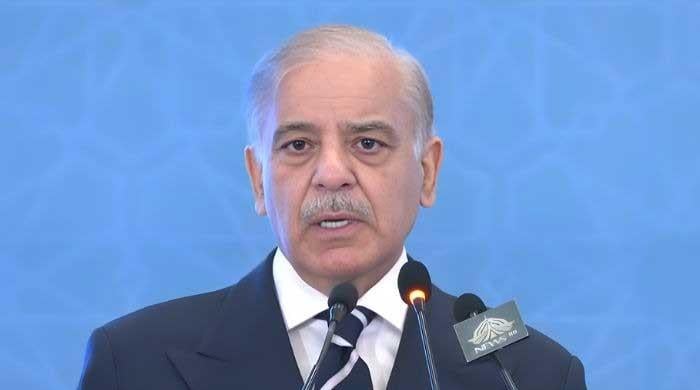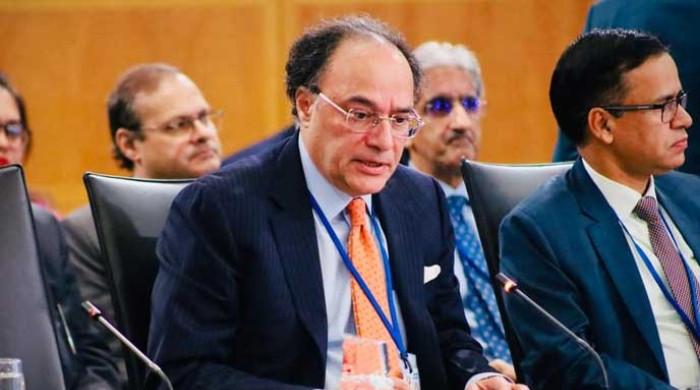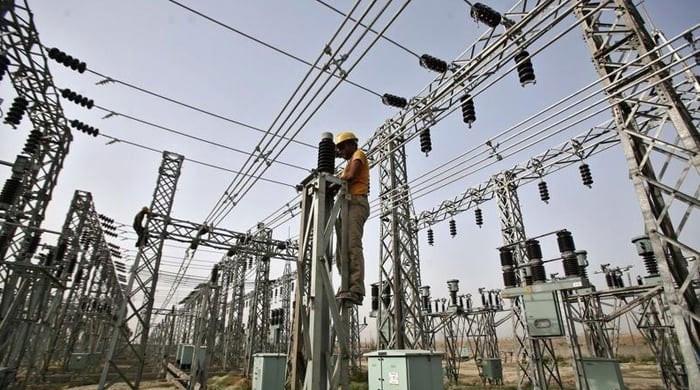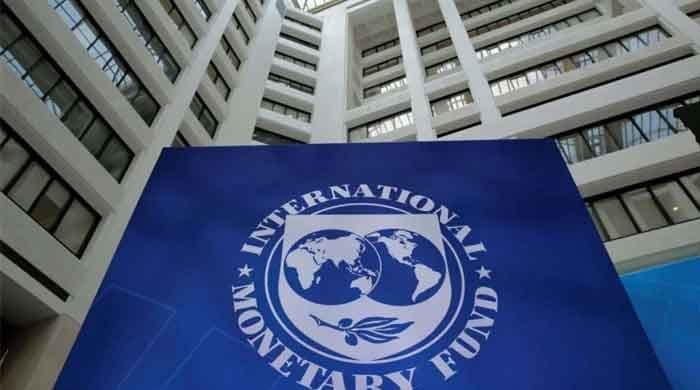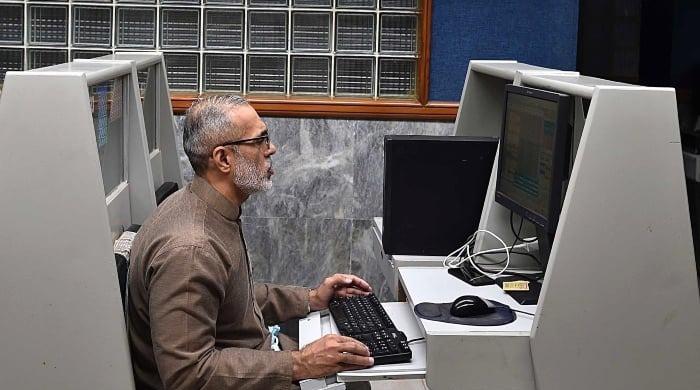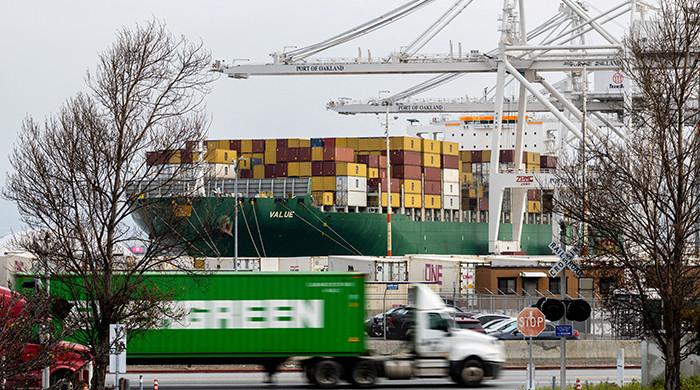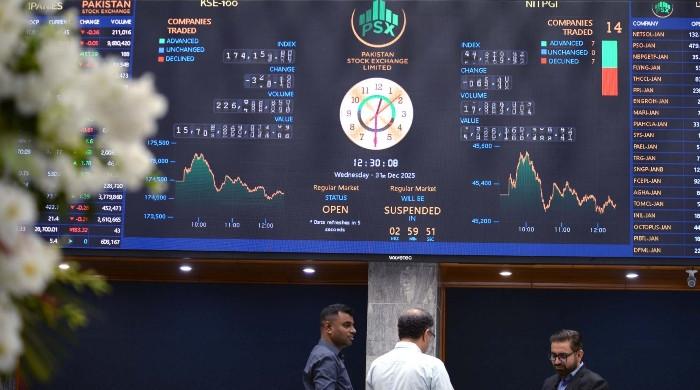Govt hopeful on getting IMF nod on power sector plans
"No negative sentiments were shown by global lender on the two plans," say officials
February 07, 2024
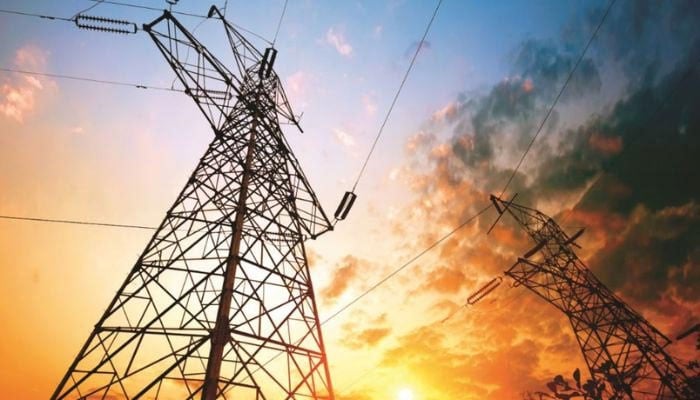
- IMF officials raise questions on tariff rationalisation plan.
- Plan includes reduction in industrial tariff to 8.85-11.75 cents.
- IMF assured that govt won't increase subsidy to lifeline consumers.
ISLAMABAD: Top government functionaries pinned their hopes on the International Monetary Fund (IMF) that it would positively respond to the circular debt stock reduction and power tariff rationalisation plans this week, The News reported Wednesday.
However, the officials of the global lender raised further questions on the tariff rationalisation plan during a virtual meeting held on Monday.
The IMF also sought data about electricity bills from the Power Information Technology Company (PITC).
"No negative sentiments were shown by the global lender on the two plans during the interaction," said the officials.
The Pakistani side on Tuesday provided answers to the queries and required data sought by the IMF and some more data was also shared.
“They are in touch with the Fund people and the government is quite hopeful of getting the nod from the IMF by next Thursday or Friday," they added.
The officials provided some data for analysis to the IMF officials on the proposed tariff rationalisation plan under which the industrial tariff will be reduced to the range of 8.85-11.75 cents per unit after withdrawing the cross-subsidy of Rs222 billion from lifeline, protected and unprotected domestic consumers, who use less than 400 units. In return, the per month fixed charges for domestic consumers will be increased to bridge the loss to the power sector.
Officials believe that Pakistan’s economy cannot thrive without increasing exports and that tariff rationalisation is mandatory as under the highest tariff of 14 cents per unit Pakistan’s industry cannot compete in the international market.
During the interaction, IMF officials were assured that the government would not increase its subsidy to the lifeline consumers when the cross-subsidy by the industrial sector is withdrawn. The government in return intends to impose fixed charges of Rs50-450 per month on these consumers with a slight increase in their tariffs.
Under the proposed circular stock debt reduction plan, through a one-time cash injection of Rs745 billion, the circular debt of Rs1,268 billion — Rs1,013 billion in gas and Rs255 billion in the powers sector — would be settled in just eight hours with the way forward to reduce the stock of the remaining debt on a sustainable basis.




